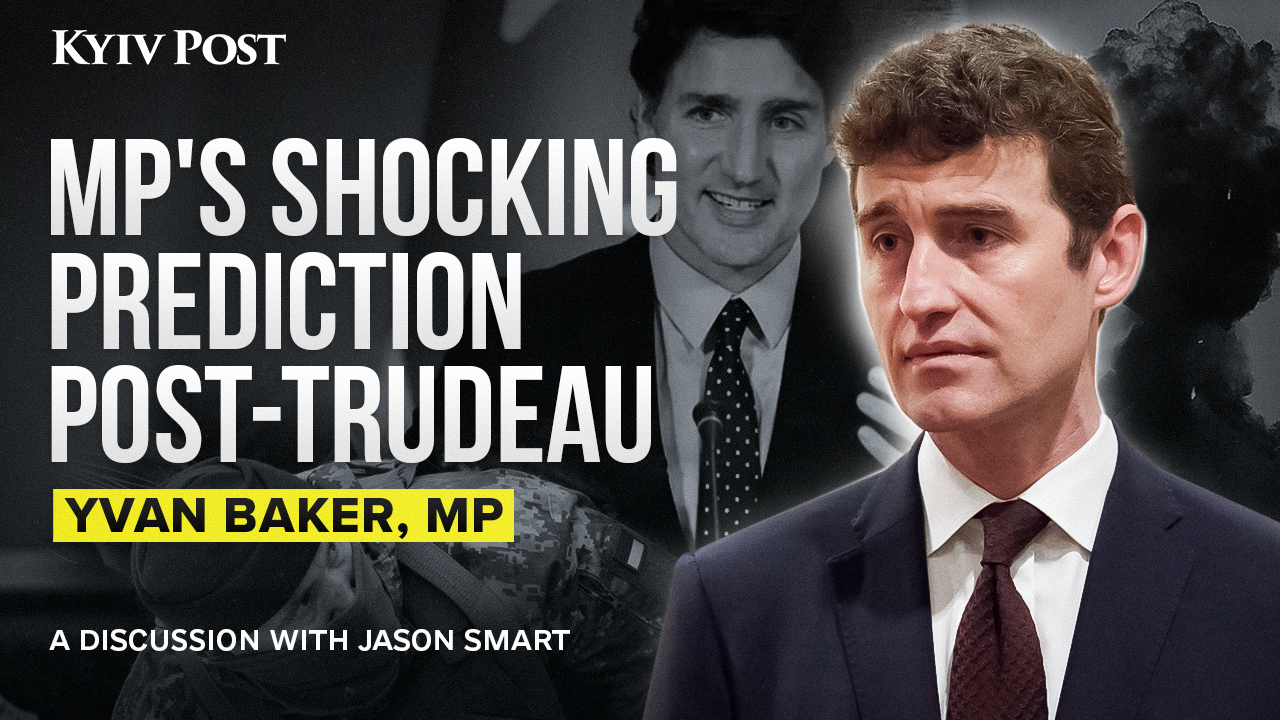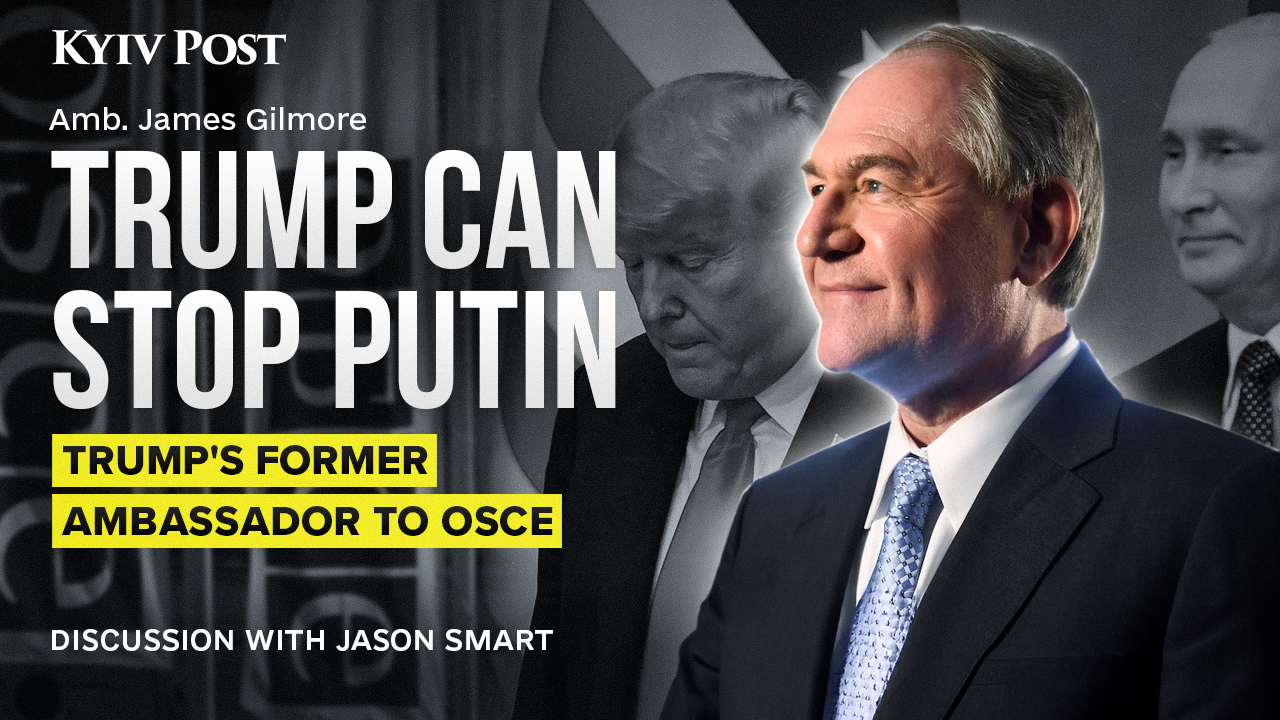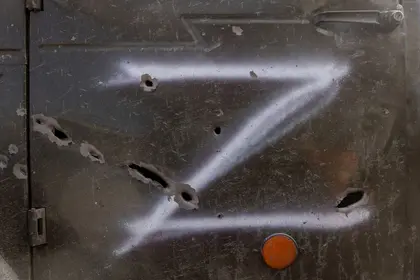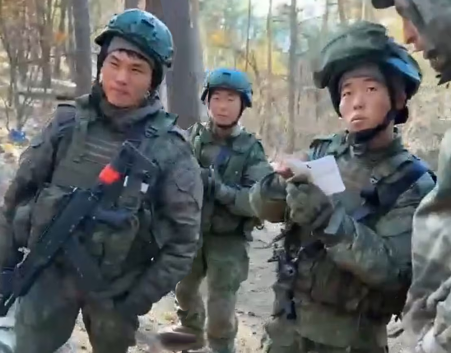Hundreds if not thousands of Ukrainians have suffered conflict-related sexual violence (CRSV) as a result of Russia’s invasion – and are now seeking justice.
Ukrainian survivors of CRSV, a war crime that leaves deep scars on both individuals and society, have written an open letter to the United Nations seeking accountability for the crimes perpetrated against them by Russians throughout the war.
JOIN US ON TELEGRAM
Follow our coverage of the war on the @Kyivpost_official.

Penned to UN Secretary-General António Guterres, the letter calls for Russia's inclusion on the UN's “list of shame” – a list of governments accused of systematically attacking hospitals and schools or killing children.
“Every word in this letter embodies our pain and our hope for justice,” Iryna Dovhan, head of SEMA Ukraine and board member of the Global Survivors Fund for survivors of CRSV, said about the letter during a talk at the Kyiv Media Center last week.
“It is a collective cry, a plea for accountability that everyone can read and hear. We demand the inclusion of the Russian Federation on the list of shame for systematically committing crimes through the JCCC against Ukrainian citizens.” The JCCC, or Joint Center for Control and Coordination, is an organization composed of Ukrainian and Russian military officials working to implement the 2014 Minsk ceasefire agreements in the Donbas region.

Washington Insider – How Biden’s Team Fumbled Ukraine
Russia was already added to the 2023 “list of shame” for committing grave crimes against children that included using them as human shields and torture.
CRSV “refers to rape, sexual slavery, forced prostitution, forced pregnancy, forced abortion, enforced sterilization, forced marriage, and any other form of sexual violence of comparable gravity perpetrated against women, men, girls, or boys that is directly or indirectly linked to a conflict,” according to UN statutes.
“Under international law, CRSV is a war crime, crime against humanity, crime of torture and can be a constitutive act of genocide.”
Deputy Country Representative of UN Women 🇺🇦Ukraine @julia_broussard on “Post-Traumatic Growth of Conflict-Related Sexual Violence Survivors During a Prolonged War – Let’s Go, Sisters!” forum:
— UN Women Ukraine (@unwomenukraine) July 2, 2024
💬We are grateful to the CRSV survivors for their bravery.#SupportSurvivors #CRSV pic.twitter.com/OJNrbo6L0f
Kateryna Levchenko, the Government Commissioner for Gender Policy, discussed the systematic use of sexual violence against Ukrainians during the Media Center talk on Monday. Her office leads a collaborative project in support of CRSV victims involving government bodies, civil society organizations, and international entities.
“As of Dec. 9, we have received 576 requests within the Project for Urgent Interim Reparations for CRSV Survivors,” Levchenko said. “This is 250 more cases than confirmed by the Prosecutor General’s office. Compensation has been granted to 359 people, including 193 men, 163 women, one boy and two girls,” she added.
Difficulty reporting CRSV crimes
CRSV is a difficult topic to discuss for victims. Many crimes likely go unreported, with official figures representing only a fraction of the true scope of the violence. “This is not about the Prosecutor General’s Office failing to record all crimes, but about survivors not always wanting to go to law enforcement, even though they are willing to seek help,” Levchenko emphasized.
“This project is crucial to show that the numbers given by any organization are just the tip of the iceberg. It also serves as an argument for the UN and António Guterres that we do not yet know the true number of victims, but the estimates clearly indicate the widespread use of sexual violence.”
Reporting is further complicated by the logistics of recording accounts in occupied or formerly occupied areas of Ukraine, according to Sabine Freizer Gunes, UN Women Representative in Ukraine.
“Another challenge for Ukraine is that it is difficult to get a clear understanding of what is happening in the non-government controlled areas. We don't have full information about what happens in detention centers for those taken captive, what sexual violence might be committed there, what happens in private homes,” she said at a Ukrainian press club talk in February.
“We do not know the number of cases of sexual violence in the territories currently controlled by the Russian Federation. Even if we know about such cases, we often face a situation when the perpetrators are not in the territory of Ukraine, and so if they are sentenced there is little that can be done to ensure that they go to prison,” she explained.
[CRSV] can be observed for several more generations and will require human and financial resources.
Reporting sexual violence and seeking condemnation and support from international partners at the UN can be made even more difficult when survivors know that Russia remains a major decision-maker in the organization and a permanent member of the UN’s Security Council.
“Some survivors of conflict-related sexual violence carry certain biases against working with UN institutions, particularly after the Secretary-General's visit to the Russian Federation,” Anna Sosonska, a representative of the Prosecutor General's Office of Ukraine, said during the Media Center Ukraine discussion. “This visit was perceived by some as signaling the UN's willingness to collaborate with Russia. That perception has created challenges.”
Sosonska noted that adherence to established UN procedures is essential and can yield results eventually. She recalled the role of UN Special Representative Virginia Gamba in securing Russia's placement on the juvenile “list of shame” as an example of how these protocols can ultimately yield results.
“Virginia Gamba herself visited the Russian Federation before Russia was listed. This reflects standard UN protocol,” Sosonska explained. “Before any state is included on such lists – whether for violations under the International Committee of the Red Cross or others – an official explanation must be sought from the accused party.”
More momentum, but more bureaucracy
Levchenko said the UN's review of the proposal to add Russia to the list of shame may not occur until spring 2025 due to procedural issues. “It's important to understand that while this report is informed by numerous experts and data from various countries, the final decision to include Russia on the list lies with the UN Secretary-General,” Levchenko explained.
“That is why survivors are addressing him directly through this personalized letter.”
The Russian Federation has yet to issue a formal response to these allegations – a necessary if frustrating step in the UN's process.
Despite these challenges, the momentum behind the survivors' appeal is growing. Lyudmyla Huseinova, member of the supervisory board of the Urgent Interim Reparations for CRSV Survivors pilot project and founder of the NGO Let's Go, Sisters, spoke last week of ongoing efforts to amplify the letter's reach.
“We aim to rally as many voices as possible, both domestically and internationally, to support the victims and draw attention to this urgent appeal,” she stated.
The potential inclusion of Russia on the “list of shame” could mark a significant step towards holding perpetrators to account and providing recognition to survivors of CRSV not only in Ukraine but in wars around the world.
“As for CRSV, it is crucial to have the law on reparations in place, subject to which the survivors will be able to get access to justice, expect the necessary services, as well as financial reparations,” UN representative Freizer Gunes said.
“This is important and it needs to be planned now. We see from the experience of the Western Balkans, for example, in Bosnia and Herzegovina, Kosovo, that the trauma of CRSV survivors extended to their children,” Freizer Gunes added.
“Therefore, this issue can be observed for several more generations and will require human and financial resources.”
You can also highlight the text and press Ctrl + Enter













